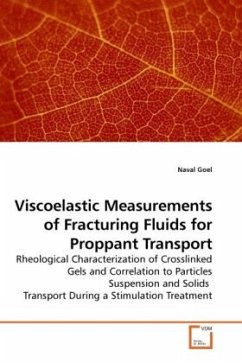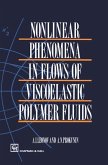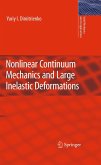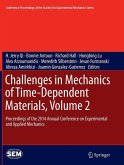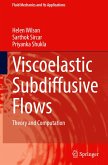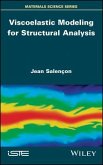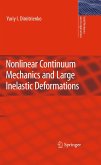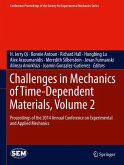One of the primary functions of a fracturing fluid is to transport and distribute proppant through a fracture and to keep particles suspended till reservoir closes on the fracture. The proppant when suspended and uniformly distributed in a fracture improves productivity of the reservoir. Therefore, a question is frequently asked regarding the minimum fluid viscosity required for satisfactory proppant transport through a fracture. The knowledge is useful for evaluating fluids prior to their use in the stimulation treatment and for demonstrating the effectiveness of new fluid formulations for fracturing application. The analysis is performed for borate-crosslinked gels and then, validated with zirconate-crosslinked gel using a field-scale facility. The results show that the proppant transport capability of crosslinked gels correlates with the fluid's elasticity and not with its viscosity. A minimum elastic modulus criterion is proposed for a satisfactory performance of crosslinked fluids in a fracturing treatment. It provides a useful and simple method to evaluate fracturing fluids in a laboratory without the need for extensive fluid testing.
Bitte wählen Sie Ihr Anliegen aus.
Rechnungen
Retourenschein anfordern
Bestellstatus
Storno

